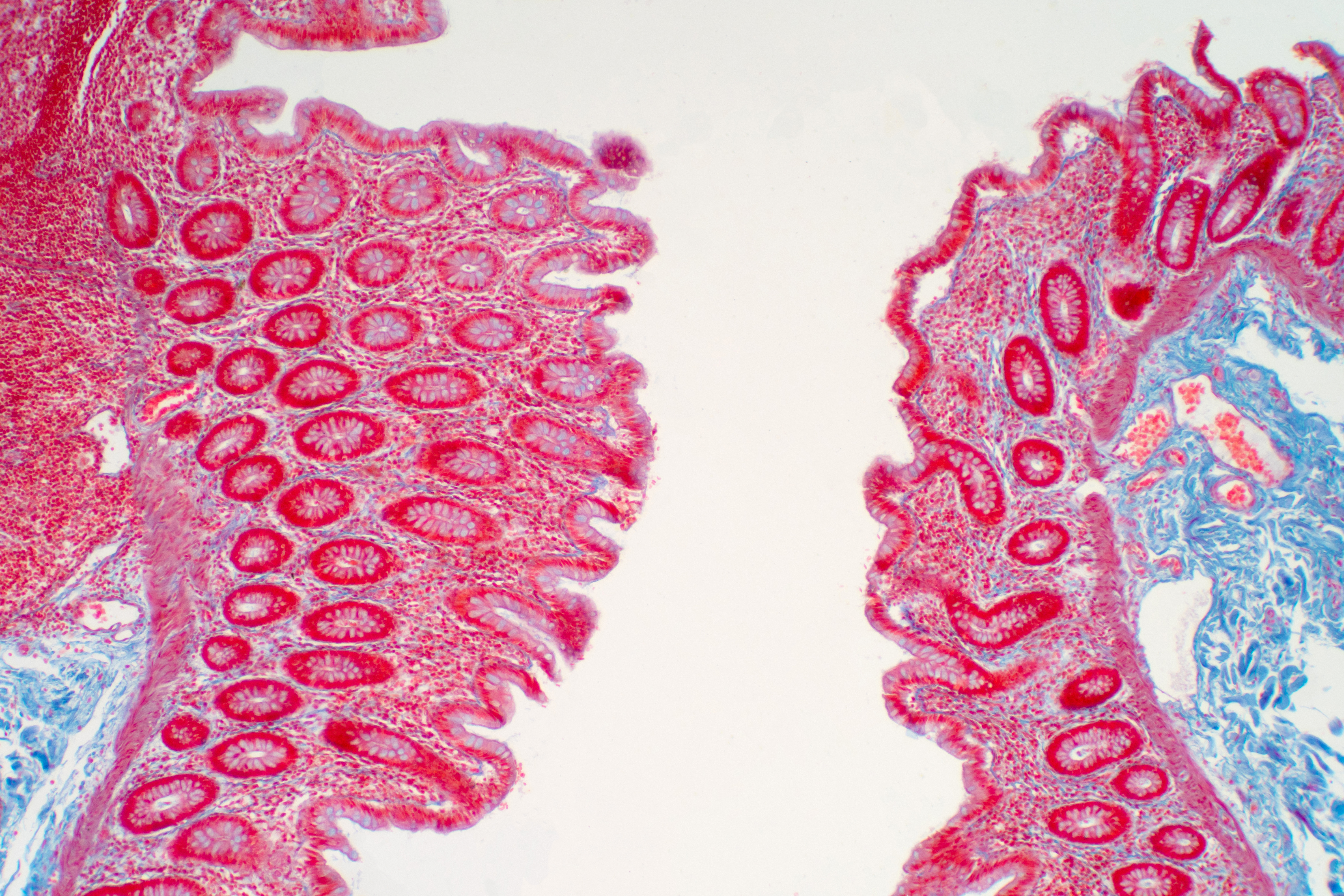This international team of scientists, including doctors from Lisbon, suggests that the majority of colorectal cancer patients could, in the not too distant future, replace “aggressive” colorectal surgery with a cycle of radio-chemotherapy and a few years. rigorous monitoring. The risk of seeing the tumor grow again or develop metastases would then be extremely low, after 2 years free of signs of recurrence.
–
Watch-and-Wait, a very strict monitoring program after radio-chemotherapy
Specifically, the team shows that in nearly 70% of the approximately 800 participants with rectal cancer who, from 1991 to 2015, underwent non-invasive treatment as an alternative to surgery, a “Watch-and-Wait »Confirming the absence of tumor recovery during the 2 years following the treatment, then makes it possible to opt for less strict monitoring with little risk. Stopping treatment could even therefore be considered, in these patients without signs of recurrence.
A new therapeutic paradigm: similar to the management of prostate cancer, for many years the only treatment available to patients with rectal cancer was radical surgery – which often ended with a permanent colostomy; a procedure that involves the patient being fitted for life with a stool collection bag connected to their intestine through an incision in the abdomen (stoma). This new, less invasive approach was initiated some twenty years ago by Dr Angelita Habr-Gama, surgeon at the University of São Paulo, lead author of the study conducted with colleagues from Brazil, the United Kingdom , the Netherlands and Portugal.
An alternative to rectal surgery? Patients with a tumor very close to the anus should undergo X-ray and chemotherapy to shrink the tumor before surgery, to avoid potentially serious postoperative complications. The researcher then observed that in a certain number of these patients, the analysis (biopsy) of the tissue taken during the surgery often showed absolutely no trace of cancer cells. The author therefore wondered if there was not an alternative to rectal surgery.
« Watch-and-Wait » ? The new protocol is to perform, 8 to 10 weeks after radiochemotherapy, a series of diagnostic tests before deciding whether surgery is justified. To make this decision, 3 exams are performed: a digital rectal exam, endoscopy and magnetic resonance imaging. And if the patient’s clinical response is “complete”, that is to say if the tumor is not detectable in any of these examinations, the patient can then join the “Watch-and-Wait” protocol.
Detractors of the protocol highlight 2 drawbacks:
- in the event of subsequent local resumption of the tumor (which occurs in approximately 25% of patients), this resumption could be more severe because the surgery, then vital, would have been delayed;
- the cancer may then have time to metastasize if it is not removed immediately.
According to its detractors, the new protocol therefore carries a risk of a more severe local reappearance of the tumor.
More “This is also why patients are kept under a very strict monitoring program after radio-chemotherapy”.
–


